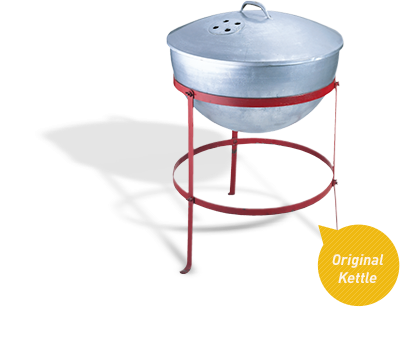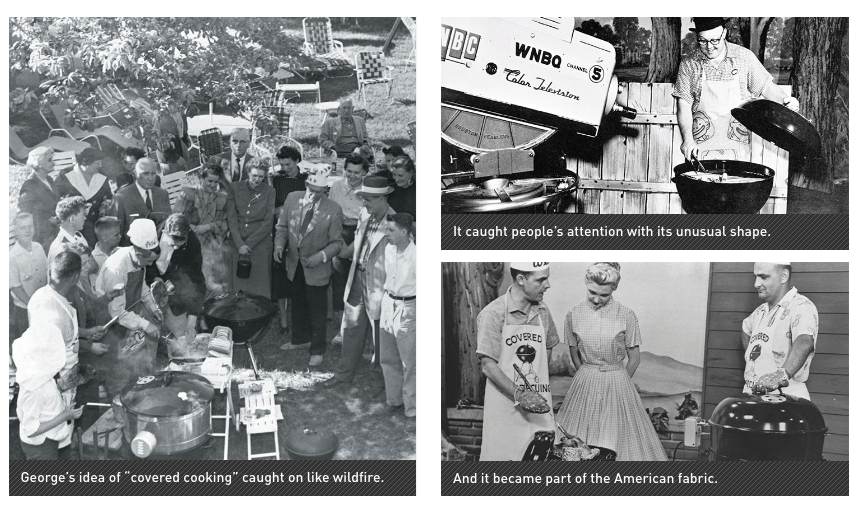We spent several days in Michigan's Upper Peninsula this summer and happened to drive through the town of Kingsford, population 5,021. "I wonder if the town has anything to do with Kingsford charcoal." I said to Trish. She grabbed her pocket brain and soon was reading the Kingsford charcoal story - which I found fascinating.
Would you believe Henry Ford started the grilling charcoal industry? Yup, he sure did. Lots of wood was needed to build the Model A and Model T Fords. A relative, Edward Kingsford, helped Hank buy some timberland so there would be an ample supply of wood to build the cars. After making spokes, dashboards, steering wheels, etc, there was lots of scrap wood, sawdust and stumps left over.
Hank was one shrewd dude (a genius actually), believed in the saying, 'waste not, want not'. He developed a process for making briquettes (he shortened it to briquets) and good old Ed brokered the deal for the charcoal factory in the town named after him. Hank promoted the product with 'picnic kits', which included a box of charcoal and a grill. He later changed the name to Kingsford.

Charcoal sales were moderate until after WW II and the growth of suburbs. The burbs dwellers did their grilling in their back yards instead of on picnics, and sales soared. George Stephen, who worked at Weber Brothers Metal Works in Chicago, created the Weber kettle grill in 1952, and charcoal sales increased even more.


My first 'grill' was a little hibachi, and sure enough, I fueled it - and several subsequent grilling devices - with Kingsford charcoal. Kingsford now has 5 charcoal plants and commands 80% of the market.








